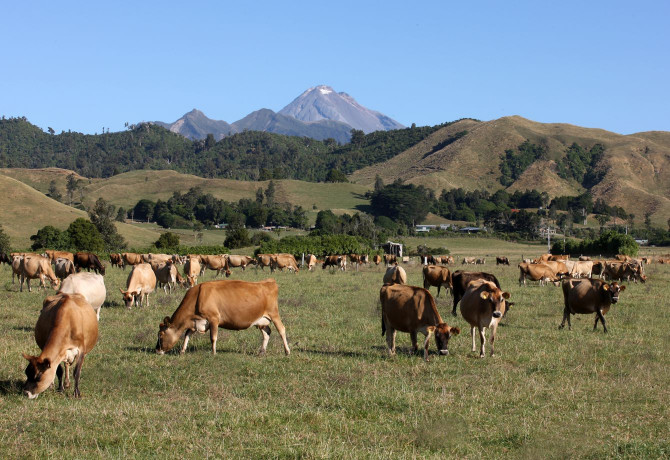Essential Freshwater reforms
The coalition Government is working to make changes to the Essential Freshwater regulations came into effect on September 3, 2020. The Essential Freshwater programme includes rules and obligations around activities on land that may affect water.
The government is proposing to:
- Exclude the Te Mana o Te Wai hierarchy of obligations in the
National Policy Statement for Freshwater Management (NPS-FM) from resource consenting. - Allow intensive winter grazing to occur as a permitted activity.
- Make changes to low slope map and associated requirements from stock exclusion regulations. Stock exclusion in low sloped land will be managed under Freshwater Farm Plans.
The new requirements are far-reaching and should not be ignored. If your farm or business is undertaking or planning operational changes or developments involving any aspect of fresh water or waterways, you should check if they apply. Even if you haven’t needed a resource consent for such work in the past, it’s important you talk to Council staff.
This section will be updated over the coming months with guidance, links and FAQs that outline the practical requirements and implications for Taranaki farmers.
FAQs: Feedlots and other stockholding areas [PDF, 753 KB](external link)
FAQs: Structures in rivers and lakes and reclamation of rivers [PDF, 1.3 MB](external link)
FAQs: Application of synthetic nitrogen fertiliser [PDF, 539 KB](external link)
FAQs: Wetlands [PDF, 582 KB](external link)
FAQs: Stock Exclusion Regulations [PDF, 578 KB](external link)
New freshwater regulations: What they mean for you [PDF, 644 KB](external link) [PDF, 644 KB]
Freshwater reform: Taranaki update 2020 [PDF, 555 KB](external link)
Intensive winter grazing: update
The regulations on how large numbers of stock are confined over winter in small feeding areas came into effect on 1 November 2022.
The coalition Government’s proposed intensive winter grazing changes remove the requirements for a farmer to comply with the conditions in the NES-FW or obtain a resource consent from the Council.
Until this becomes law, farmers must comply with the default conditions in the National Environmental Standards for Freshwater (NES-FW). Otherwise a farmer will need to obtain a resource consent from the Council.
Contact Taranaki Regional Council for more information.
Please note the TRC Requirements for Good Farm Management in Taranaki booklet, published in March 2017, is being updated to take account of the new freshwater regulations. It therefore should not be relied upon. Instead, please contact the Council directly if you have any questions.
On-farm essential freshwater
We've broken down exactly what the Essential Freshwater rules mean for your farm.
Read more...
Good farming practice
Leading farmers and land managers employ good farming practice to improve production, performance and sustainable land use.
Read more...
Farm plans
Find out about sector-based farm environment plans, and also the range of farm and property plans available from the Taranaki Regional Council and the new freshwater farm plans.
Read more...
Land & site works
Find out about your responsibilities and obligations if you're planning site works, earthworks, stream diversion, dam construction or refuse disposal in Taranaki.
Read more...
Biosecurity in Taranaki
Here's where you can find out about biosecurity in Taranaki including pest management and how you can get involved with the Towards Predator-Free Taranaki programme.
Read more...
Biodiversity in Taranaki
Here's where you can find out about biodiversity in Taranaki including how the Council helps landowners and the wider community to protect, maintain and restore the region's key na...
Read more...
Forestry
Both exotic and native forest plantation play an important part in soil conservation in the Taranaki region.
Read more...
